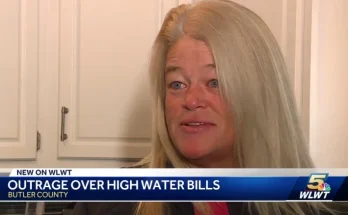We often hear how private utility companies can achieve efficiencies in their water and sewer operations that will result in community benefits (like lower water and sewer rates). For a period of time in the US there was an active market where major cities were selling their utility concessions to private corporations. Veolia was one such company, and one of the concessions they purchased was Indianapolis Water. Fast forward several years, and we get this latest story about the company requesting a 35% water rate increase . The increase, we are told, comes on the heels of yet another 11% increase implemented just a few months ago.
The question worth asking now is whether or not the City of Indianapolis would have been better off with or without Veolia. Even if you believe that government is inherently inefficient, you still have to ask whether a private company can operate a utility service so much more efficiently as to produce a water or sewer rate that is less than it would have been even with an inefficient (i.e. government) operation. Before you answer though, you should understand that the rates set by the private company are not set at absolute cost; the rates include cost as well as profits and taxes. That means that the private company would have to produce surplus efficiencies in order for it to outperform a supposedly inefficient government utility. One of the ways that private companies “produce” so-called efficiencies is to defer investment in infrastructure and maintenance. Defer those things long enough and you are bound to get a big rate increase at the end of the road. Is that what has happened in this particular case? Maybe not, but the story does say that the increase is needed for “necessary upgrades to the system.”
Be Sociable, Share!



